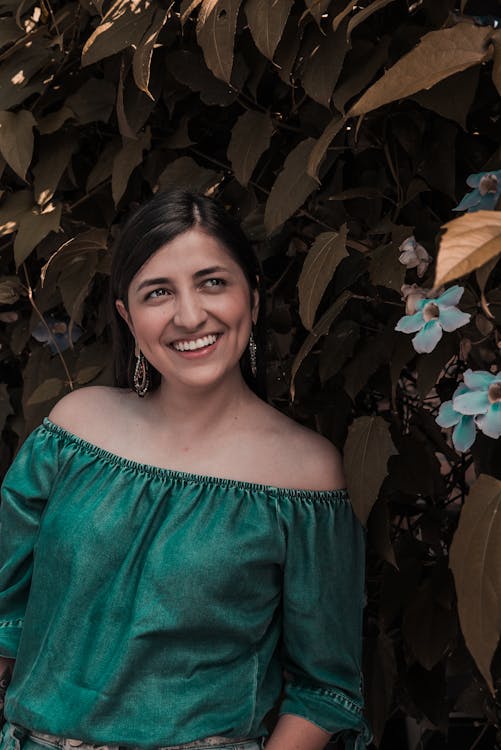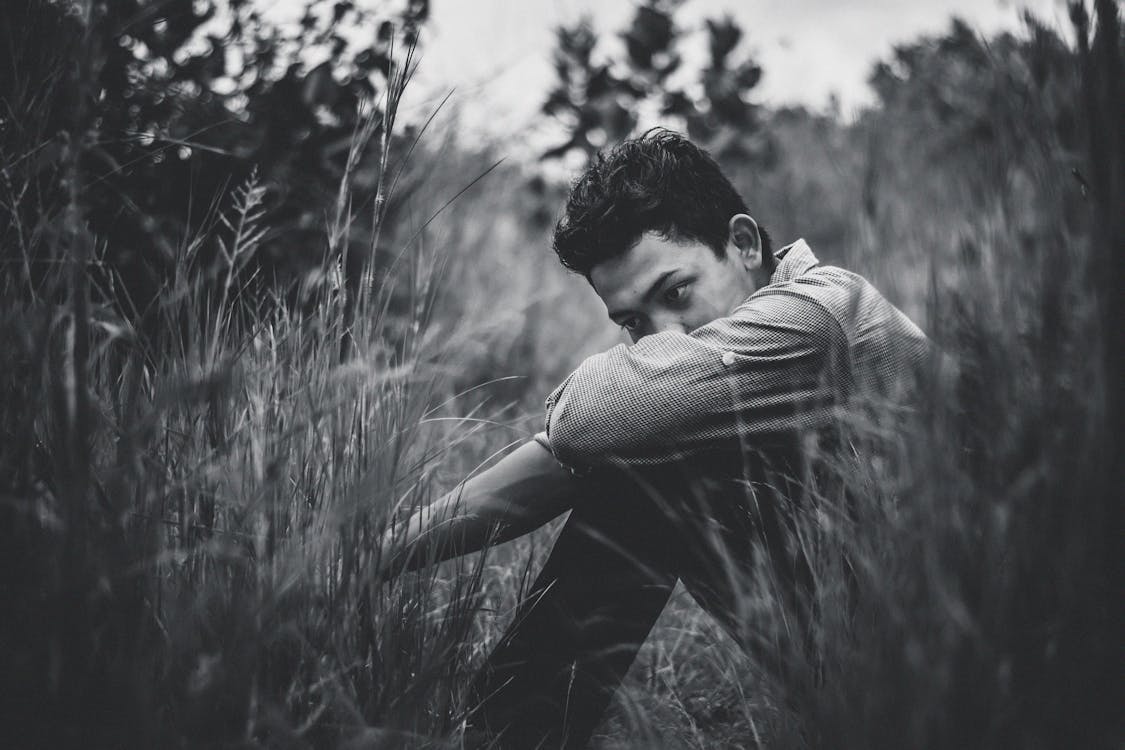VIDA’s clients are at the center of all that we do. They teach us, and humanize the struggle to end the cycle of violence. VIDA values their resiliency and strength as they find their own voice. Find out how VIDA was able to help some of our clients find hope, justice, and opportunity.
You can also hear from people helped by VIDA, in their own words.
Note: Names are changed to protect survivors’ identities. Photos are not of actual clients.

RITA
Rita, from Honduras, worked as a live-in housekeeper in Florida. Her employer sexually abused her, but she was afraid to report the assaults. She didn’t know where to go or who to tell. Rita didn’t think the police would believe her, and was sure her employer would then hurt her or have her deported because she was undocumented. A friend convinced Rita to go to a victim services organization, which provided assistance and then referred her to VIDA.
VIDA worked with local law enforcement, who investigated the sexual abuse and certified her claim. VIDA then helped Rita obtain a U-Visa and reunite with her husband and child. Rita is now working legally, in a safe environment, and the family will soon be eligible for permanent residency.


GABRIELLE
Gabrielle, from Haiti, was a single mother of teenagers living in Florida. When Gabrielle married a longtime family friend, who was a United States citizen, he began to emotionally abuse her and her children. He used his religious position to threaten, terrorize, and control them. Gabrielle was referred to VIDA by a domestic violence shelter.
Like many immigrant survivors, Gabrielle had limited English proficiency, so VIDA helped her navigate the process in her language. VIDA obtained a VAWA self-petition, permanent residency, and work permits for Gabrielle and her children. They are now United States citizens, and all the children received scholarships for college. Two became engineers.


ADELA
Adela was a young professional in South America. While on vacation, she fell in love with a United States citizen. They kept in touch, and he proposed when she came to visit him in the United States. When they married, Adela noticed her husband had severe mood swings. She thought she could help him, but his moods turned into verbal and emotional abuse, and then he began to beat her. Adela asked someone for help, and was referred to a domestic violence shelter. To protect herself and to start a new life, Adela decided to move to Florida, so the shelter referred her to VIDA.
VIDA helped Adela file an I-751 because her permanent residency was conditional, and connected her with local services. She continues to receive counseling, and is no longer embarrassed to admit she fell in love with an abusive person. Adela is advocating for other survivors through her work, and wants everyone to know that domestic violence can affect educated professionals.


FRANCISCO
Francisco was a migrant farmworker from Guatemala who picked tomatoes in Florida. He and other farmworkers were recruited by a pair of crew leaders subcontracted by growers to find people to work in the fields. The crew leaders beat Francisco and the other farmworkers if they didn’t work seven days a week, and used threats to scare and control them. They also made Francisco and the other farmworkers turn over their paychecks, saying they owed money for things the crew leaders provided at inflated prices and interest. Francisco called an anonymous hotline for help. The labor rights organization that ran the hotline requested technical assistance from VIDA.
VIDA and its partners reviewed the case and determined that it was forced labor. They contacted government officials, who investigated and later prosecuted the crew leaders. In collaboration with law enforcement, VIDA and its partners were able to help Francisco, and identified and assisted a total of nine survivors, removing the threat of deportation while the case was pending, and allowing the farmworkers to access services to help in their recovery. The two perpetrators were sentenced within 12 months of the farmworkers being identified. This was the first successful prosecution of forced labor of farmworkers in this specific jurisdiction.

